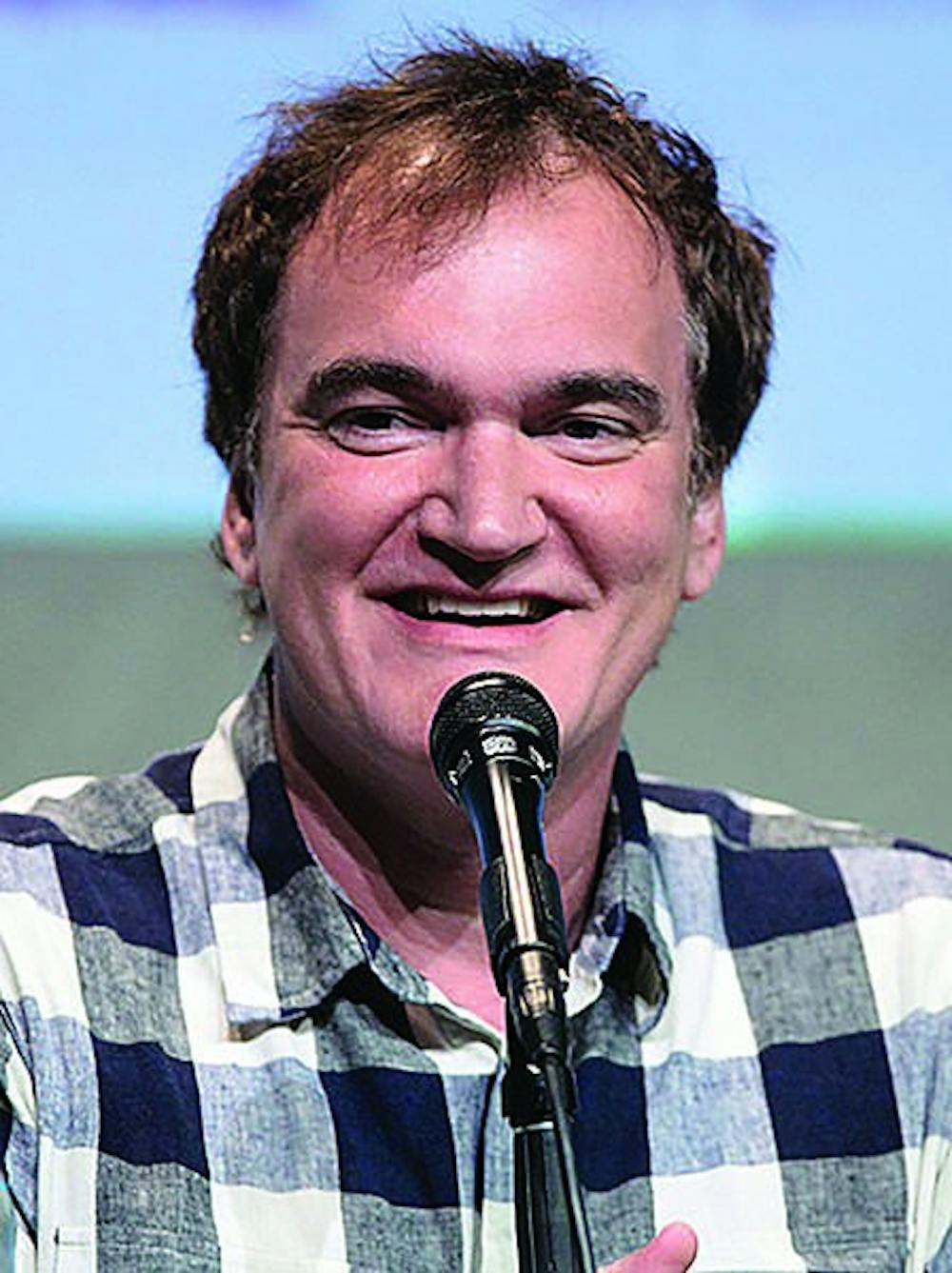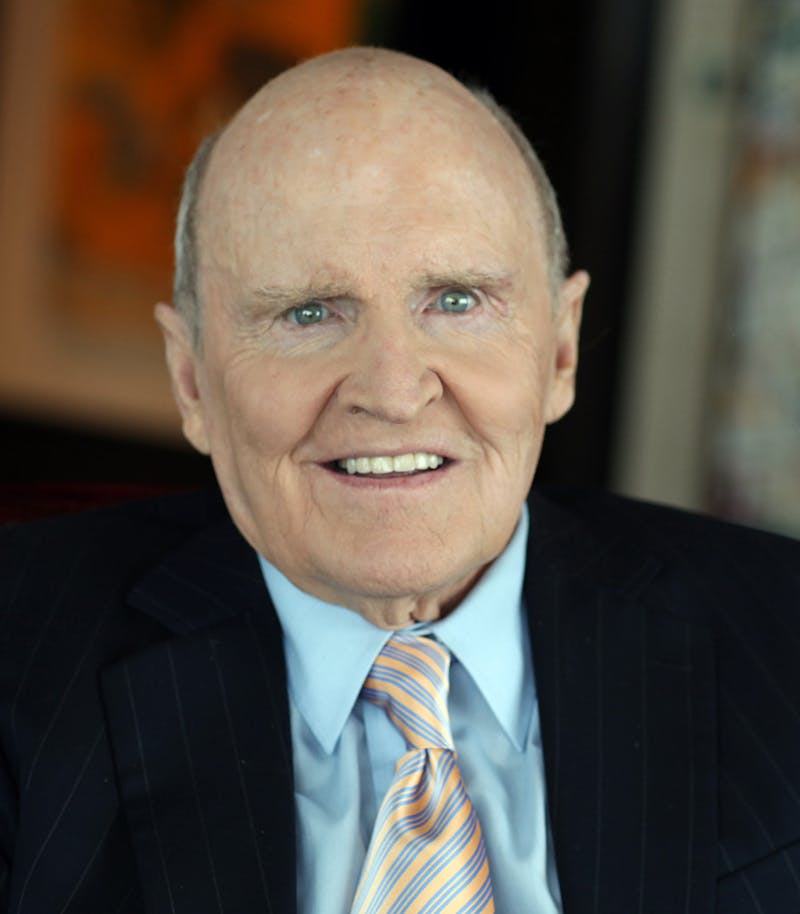Here is an idea for a movie: An Oscar-winning director known for his ultra-violent police movies wages war against the nation’s police force, which has recently been under fire for its violent actions. Plot twist: This is actually happening. This is not fiction of the pulp kind.
Quentin Tarantino, director of well-known films such as “Kill Bill,” “Django Unchained,” “Pulp Fiction” and the upcoming “The Hateful Eight” has recently been protesting in New York City against the New York Police Department. The protests have been mostly made up of members of the Black Lives Matter movement and Tarantino spoke during one of the protests.
“When I see murders, I do not stand by, I have to call a murder a murder and I have to call the murderers the murderers,” Tarantino said in front of the gathered protesters.
Tarantino’s words came just a few days after NYPD officer Randolph Holder was murdered, and during a time where the nation is criticizing police actions left and right.
The protests focused on the lives of Michael Brown, Freddie Gray and others who were allegedly murdered by policemen. Protesters want justice for the victims and police reform.
So far, the police departments of New York City, Los Angeles and Philadelphia have boycotted Tarantino films, and many citizens are also deciding to boycott his upcoming film “The Hateful Eight.”
Tarantino, as a high-profile figure in America, has been thrust to the forefront of the protests against police brutality in America and it could not be more ironic, given the style and content of his films.
“The police officers that Quentin Tarantino calls ‘murderers’ aren’t living in one of his depraved big screen fantasies — they’re risking and sometimes sacrificing their lives to protect communities from real crime and mayhem,” said Patrick Lynch, president of the Police Benevolent Association. “New Yorkers need to send a message to this purveyor of degeneracy that he has no business coming to our city to peddle his slanderous cop fiction. It’s time for a boycott of Quentin Tarantino’s films.”
Lynch has a point. Tarantino’s films are known for their violent content and graphic material and some of them, such as “Pulp Fiction” and “Reservoir Dogs,” have police and authority figures as major characters.
The irony continues given the fact that “Django Unchained,” one of Tarantino’s flicks, says a certain racial slur 109 times, according to the Internet Movie Database, and Tarantino was protesting and supporting Black Lives Matter with many African-Americans.
Of course the violence, gore and profanity are part of the appeal of Tarantino’s film style, but whether he intended it or not, his movies can glorify violence and illegal activities. His words in the protest can also glorify violence against police.
It is arguable whether some police are murderers. Many say the killing of Michael Brown was in the police officer’s self-defense, which does not make him a murderer. However, there are places in America where police brutality occurs and murders have happened. Likewise, in the case of officer Holder, policemen are being murdered simply because people want to fight the powers-that-be.
Tarantino can believe what he wants, but his words, actions and films could inspire more violence against police. In a time in which tension between police officers and citizens is at an all-time high, calling police murderers can easily convince some off-the-wall citizens to retaliate.
Given Tarantino’s track record with his films, it seems he has no place to talk about police violence, as he explicitly glorifies violence in his own films. His films can be considered art, which they are, but that does not excuse the fact that he portrays violence in a way that might lead others to promote violence against authority. Police forces are right to boycott his films.
America no doubt has a problem with police brutality right now. Peaceful protest is the best way to go about expressing disappointment in police forces, and Tarantino and fellow protesters never got violent. They are going about this in the right way. However, Tarantino’s words and influence are perhaps more powerful than he thinks and it seems he has single-handedly widened the rift between the police and citizens of America.





The Slate welcomes thoughtful discussion on all of our stories, but please keep comments civil and on-topic. Read our full guidelines here.